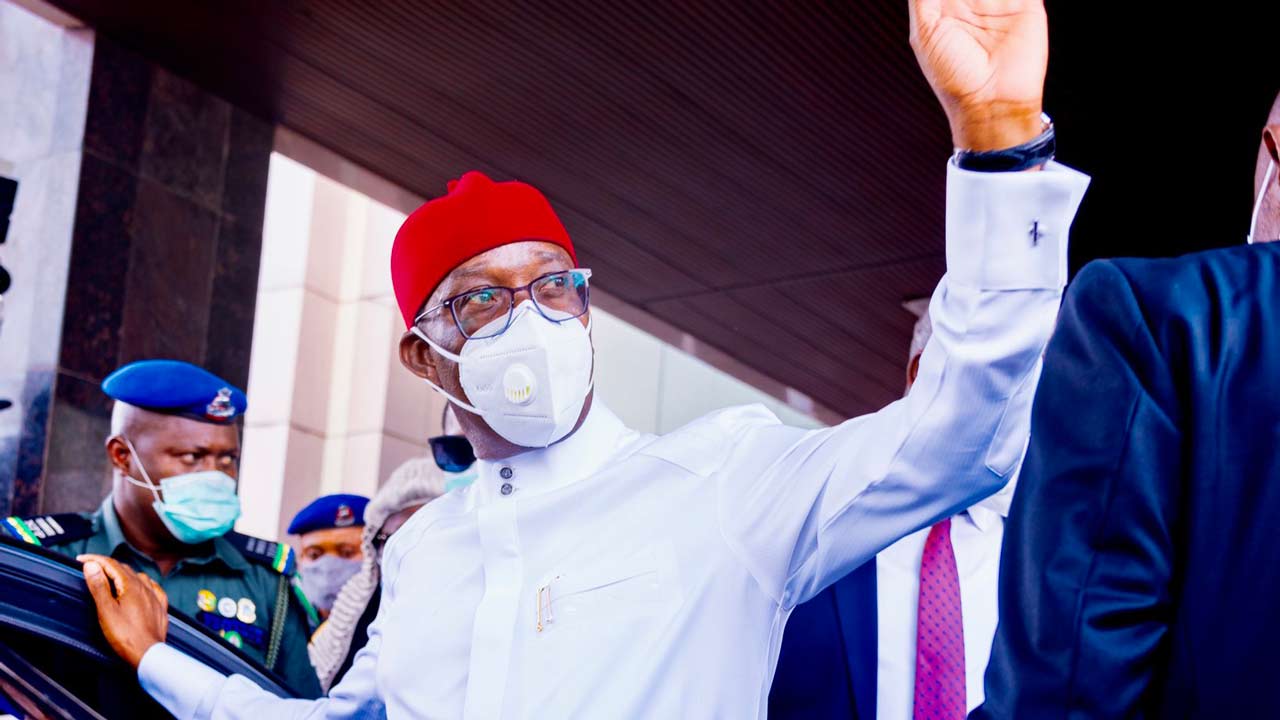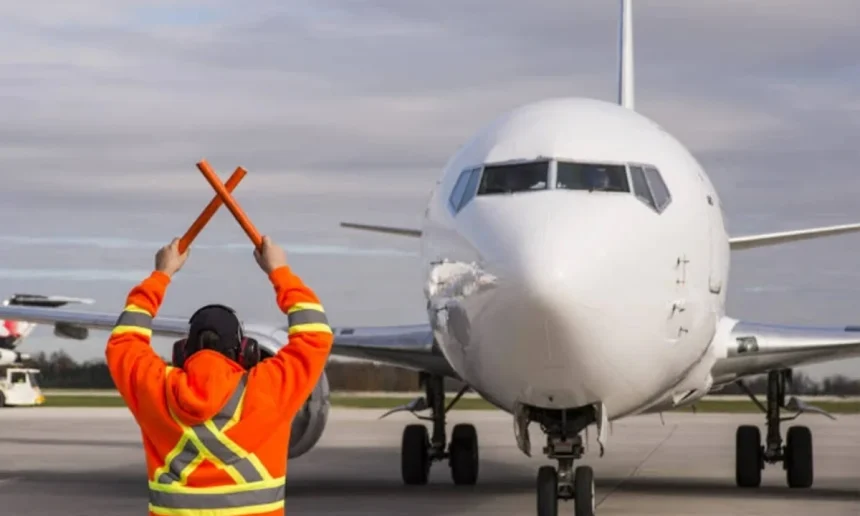
It is equivalent to the bedlam that attended the recent unprepared departure of the United States of America’s troops from Afghanistan. While that of the Americans had the threats of violence, the creation of Delta State with its capital at Asaba, was rather muted with a deafening silence, especially among its disparate ethnic groups. But happening under a military regime, acquiescence was taken for granted.
The scramble to leave what is now left of the old Bendel State from where Delta State was carved out, was an epic bloodless war. Deltans, as they have become, headed for an unprepared city called Asaba, which was ill-at-ease with the sudden deluge of human beings trooping in from Benin. Every available space was occupied. Make shift tents among others, became shelters and offices.
The most challenging was the space for the military administrator who had reported to resume duty. The man had to squat at the old Bendel Hotel, but his stay in the hotel had to be cut short. The space provided could not cope with the volume of the military administrator’s visitors. Pastor Ifeanyi Agbeyeke, a retired Permanent Secretary in the State had the burden of shouldering the initial painstaking ordeal of locating not only a space for the administrator, but for civil servants who had streamed into Asaba from the defunct Bendel State to resume in their own State.
His words, “The military administrator stayed in the old Bendel Hotel, now Grand Hotel. But the place was very small for the volume of visitors to the administrator’s office. He gave me marching orders to look for an alternative office. The owner of S.I.O. Industries had five three-bedroom flats meant for his staff in the proposed Heineken factory he intended to establish. These flats were just by the Onitsha-Benin highway. He offered the flats to us.
The administrator moved to the innermost flat as his residence while the one before it became his office. This was followed by the office of the Secretary to the State Government, Jackson Adjogri. Thereafter, the administrator set up a three-member committee comprising Chief Patrick Onyeobi, the Iyase of Asaba; Awele Nwaezigwe, who was the Chairman of Oshimili Local Government and myself, to go round the town to look for office spaces for the ministries and agencies. In two days, we were able to locate some empty buildings. Where the police headquarters was situated was meant to be allocated to the Ministry of Education but the Commissioner of Police rejected the place allocated to the police, because it was too far inside the town. We had to give the place to the police…”
Some people and organizations also donated their buildings, especially the well-to-do among the populace. The story was no less intriguing for civil servants who had a hell of time searching for accommodation. But the State had become a reality, the stressful settling down aside.
The first military administrator, Group Captain Luke Ochulor, was given few months to lay the groundwork and set up the governmental structure. He set the structure with the appointment of the Secretary to the State Government, permanent secretaries, Solicitor-general among others.
Ochulor also obtained the frequency license for a broadcast station for the new state and started work on establishing the Delta Broadcasting Service, DBS. He built the current old State Secretariat along Summit Road at Asaba. He, to a large extent, got the government running until 1992 when he handed over the mantle of governance to the first Executive Governor of the state, late Chief Felix Ibru who came through a democratic election midwifed by the Federal Military Government under General Ibrahim Babangida.
However, the Ibru administration was short-lived as it was sacked along others across the country when late General Sani Abacha overthrew the interim government headed by Chief Ernest Shonekan in November, 1993.
With Ibru’s civilian administration out, another round of military administration began, with the Commissioner of Police in the state, Alhaji Mohammed Abdullahi, who held sway as acting administrator for about three months before then Col. Bassey Asuquo took over as substantive military administrator. He was succeeded by Group Captain Ibrahim Kefas, late Col. John Dungs and Navy Captain Walter Feghabor, who served from September, 1998 to May 29, 1999 when Chief James Ibori, took over as democratically elected governor of the state.
The military did the much it could but it had to confront the infamous Warri crises, which blossomed into fierce and bloody exchanges between Ijaw and Itsekiri ethic groups. Prominent persons among the two ethnic groups took sides. The military administrator at the time, Col. Dungs, once told this writer in his office at Abuja that he had to trace the origin of the crises before taking a stand that the relocation was in bad faith and advised Abuja that the headquarters should be returned to Ogbe Ijaw. He said he took the decision even though the Itsekiri had a more powerful lobby both in the State and Abuja.
The decision did not douse the fire. Dungs and Feghabor as military administrators were virtually helpless. The crises also defied the governor who came in through popular suffrage, Chief Ibori. He inherited the bloodletting and devoted much time to brining the two warring sides to the negotiating table. Governor Ibori finally ended the bloodbath, which among other human and material losses, had impacted negatively on oil production quota of the State and nation.
It is needless to state that the crises slowed down sustainable development in the State. When Ibori came in 1999, typewriters dominated secretaries’ tables across the State. Other office facilities were in shambles. It is arguable that the actual commencement of the sustainable development of Delta State came on stream at the cessation of hostilities in Warri.
Beyond infrastructure, Chief Ibori became the fulcrum around which revolved the clarion call for resource control, a principle that will allow States harvest their resources and pay ‘tithe’ to the central while the States manage whatever they earn for the sustainable development of their States. Resource control generally defined the administration of Chief Ibori.
Years after, events have proven the chief from Oghara right. The nation awoke to the realities of the relevance of resource control. The goldmines in Zamfara State have been yielding millions of dollars. The Federal Government made the untenable utterance that proceeds of the goldmines are for Zamfara State; whereas proceeds from the oil wells in the Niger Delta are for the entire country. Had resource control succeeded, the country could have fared better.
It has been generally argued that the travails of Chief Ibori were products of his commitment to the cause of resource control. Man often fails to learn from history. Chief M.K.O Abiola pursued the cause of reparations to Africa and Africans both at home and the diaspora. Years after his death, the United Nations organized an international conference on reparations in Durban, South Africa. It is also argued that his demise steamed from his single minded commitment to the cause of reparations.
Aside his ordeal, Chief Ibori put in efforts in the provision of infrastructure. He built the commissioners quarters, House of Assembly building, State House of Assembly quarters, house for the Head of Service, Chief Judge, Secretary to the State Government, Chief of Staff among others. He also established the Delta State Teaching Hospital, Oghara including the new campus of the Delta State University, Abraka. He established four polytechnics across the State.
Dr. Emmanuel Uduaghan succeeded Ibori as governor. He, too, brought in some measure of sustainable development in the State with peace and security being the main plank of his administration.
He established the Asaba International Airport, which to his credit became operational during his tenure. The down side was the hammer of the National Airports Authority, which downgraded the airport also during his tenure. He started the construction of the dualisation of Asaba-Ughelli Road. He divided the road into three sections. No section of the road was completed at the end of his tenure but substantial work was done at the Ossissa – Oleh axis of the road.He built the Dome, which is also called Events Centre and completed the new government house, which was started by his predecessor.
He modernised Nana College, St. Patrick’s College, Asaba and other missionary schools, which he later handed over to the missionaries.
Dr. Ifeanyi Okowa succeeded Dr. Emmanuel Uduaghan as governor. He has, so far completed the construction of several roads across the three senatorial districts.
So far, he has constructed more than 1, 500 kilometres of roads across the State especially those, which have defied several administrations in the State. The defiant flooding along the Asaba-Okpanam axis including the stubborn one in the Warri-Uvwie axis has virtually been tamed. Kefas Road in Oleh, Kwale-Ogume-Obiarukwu Road, Ekreravwe – Orhoakpor-Isiokolo Road, Abraka Township roads, Ughelli-Afiesere-Ofuoma road, Ikpide-Irri, Ofagbe, Owhelogbo, Nsukwa-Ndemili Road, Ukwunzu, Obomkpa, Idumuje Unor, Ubulu Uku roads among others across the three senatorial zones, have all been touched.
The roads became so many that Deltans nicknamed the governor Road Master. He was tactical in the choice of roads – those that connected rural communities to urban centres, agrarian communities including a most aggressive urban renewal programme, which has impacted several urban towns: Asaba, Sapele, Ughelli, Warri, Oleh, Agbor, Kwale and numerous other urban centres.
Okowa has also raised the bar higher in the educational sector. In one fell swoop, he established three universities – the Dennis Osadebe University at Asaba, the University of Science and Technology at Ozoro and the Delta State University of Education, Agbor. The development of infrastructure at the three universities is phenomenal. He has also embarked on the renovation of secondary schools while partnering the Universal Primary Education Board in upgrading primary schools.
The health sector has been buoyed by the visionary disposition of the governor who, in spite of being a first time senator, was able to push through a contributory health insurance policy at the national assembly. Here in Delta State, more than 950,000 persons have enrolled in the scheme.
Asaba Specialist Hospital, started under the Ibori administration has been completed and has been formally inaugurated taking the burden off the general hospital at Okwe, which was over burdened by pressure from women in neighbouring Anambra State who troop in to take advantage of Delta State’s free healthcare programme for pregnant women and children under the age of five. The specialist hospital is living up to its billing.
During the COVID-19 pandemic, he showed the characteristics of a medical doctor. He set up holding centres for patients and remained undaunted even after he, his wife and daughter, were diagnosed with the pandemic. His effective management of the pandemic earned applause both within and beyond the state.
Okowa has also set up a diagnostic centre at Owa-Alero and embarked on the construction, renovation and equipment of several hospitals across the State.
At the administrative level, Okowa has just completed on an ambitious project of housing almost all the ministries and agencies in one block. The gigantic new State Secretariat sits along Marian Babangida Road in the State capital. He also embarked on weeding out ghost workers, which was started by his predecessor. In all, Delta State is gradually coming of age, especially with the fillip offered by the current governor, Ifeanyi Arthur Okowa.






